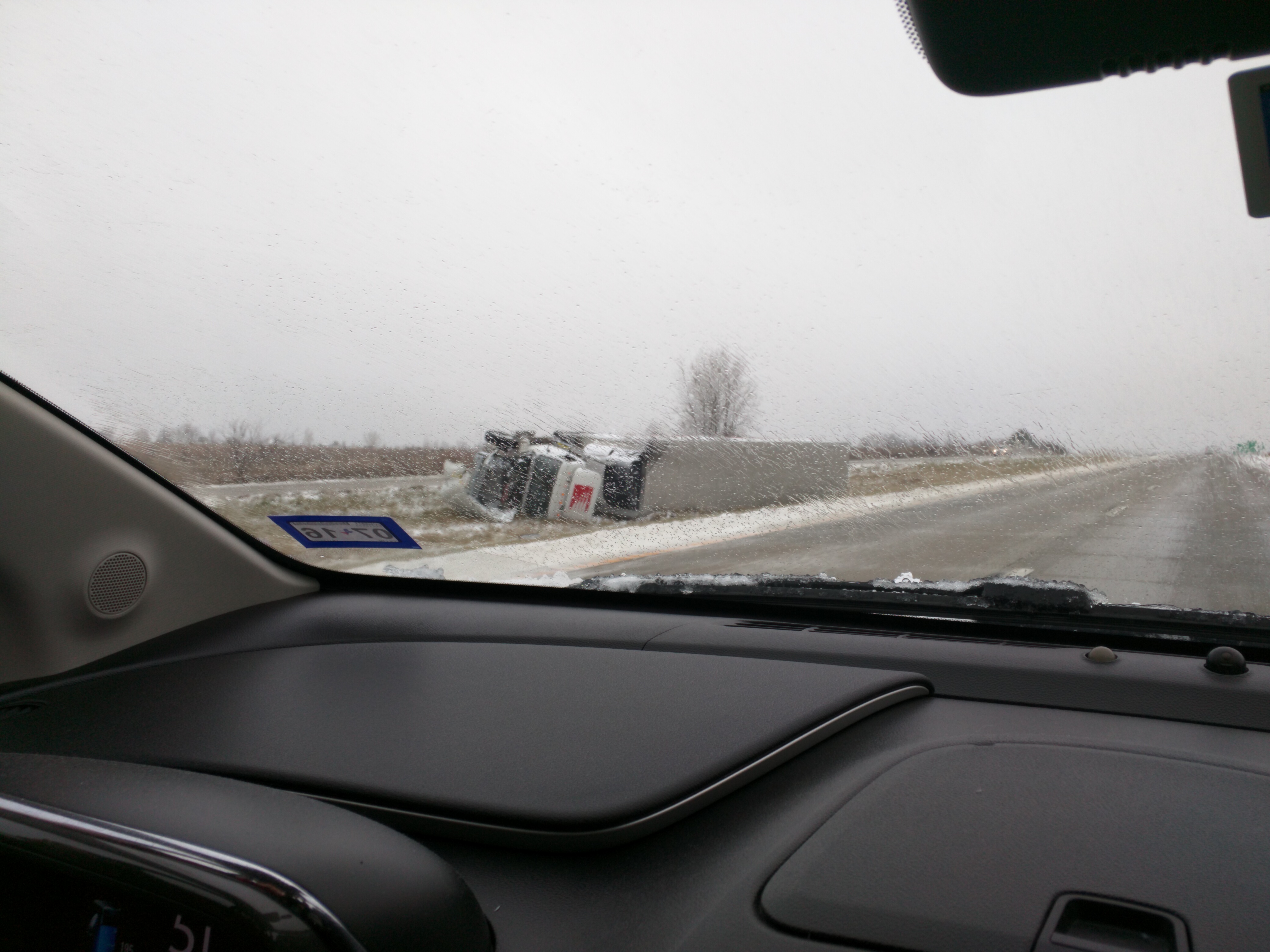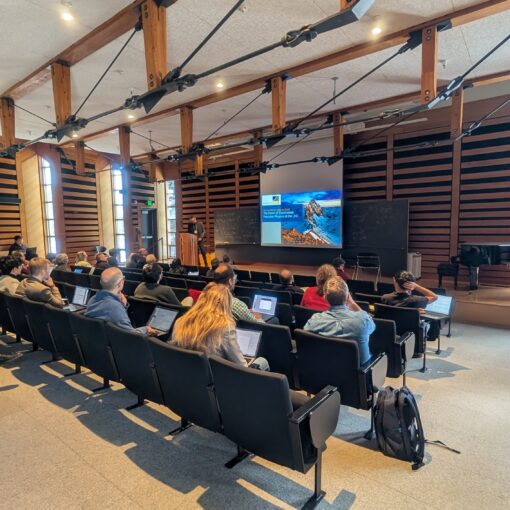For the last seven years, and certainly in many decades prior, we have faced issues regarding convenience and privacy. A specific subset of that pair is security vs. privacy, popular instances of which have arisen in airport screening and warrantless wiretapping. However, these particular examples can seem ethereal and distant, airy hypotheticals that never hit home unless you’re strip-searched or you find out you’ve had your phone conversations intercepted. Sometimes, the core issue can manifest in other ways.
I’ve recently had the displeasure of such an engagement. Without naming names or assigning intent to another individual, I can relay my own feelings about the incident and how I chose to resolve the problem. I can, however, at least relay stated intentions of the other party in their own words and then discuss the core issue: convenience vs. privacy.
Let’s pose this as a hypothetical, in the classic tradition of law textbooks or Galileo. Let’s say that a couple rents an apartment, and that lately (in the last few years) there have been several instances of sewer line backups out to the main city sewer. These incidents were not specifically attributable to any one action, but likely accumulated over time and normal usage. However, one symptom that such a backup is occurring is that the lowest toilet on the property, which is in the rented unit, leaks water from the floor seal when it’s flushed. It’s a useful, but annoying, warning and one which needs fixing.
The landlord schedules a plumber to fix the problem, during a period when said landlord will be away. The plumber cancels that appointment, however, forcing a reschedule to occur at a time more convenient for the tenants (three weeks later). The landlord returns earlier than that to find their own toilet has problems, and calls the plumber to come fix the toilet. Because the plumber is already on the property and their time is being paid for, the landlord decides to have them come to fix the leaking floor seal in the rented unit. The landlord leaves an answering machine message at the office of one of the renters, who happens to be traveling that day and does not get the message. Not knowing if the message was received or waiting for a reply, the landlord unlocks the unit and monitors the plumber in the rental while they unsuccessfully try to fix the problem. It’s a more complex job than anybody expected, and needs to be rescheduled again. The bathroom is left in a small state of disarray; while the toilet is in good order and no parts left lying about, equipment once in the bathroom is now spread over the floor of the adjoining room.
The other renter returns home to find out that the work has occurred. Upset, the tenant informs the landlord that this was not acceptable and that in the future all such work must be approved according to the usual procedure of notification and a grace period. The landlord is upset, claiming that time is money and since the plumber was already on the property and being paid this made sense. The landlord had a key, and claims that leaving the voicemail message was, they thought, enough (though neither renter got it). The landlord thought this was the most convenient solution, and would prevent either of the renters from having to stay home and miss work. The landlord also makes is clear this was a lot less expensive for them, rather than having the plumber come yet again.
So who is right? This is a nice, simple, down-to-earth (especially for all you renters here in CA) example of a case of convenience vs. privacy. The landlord is clearly arguing convenience, for them and for the renters, but also making a second argument about cost (which is a form of (in)convenience for the landlord). The renters feel their privacy is violated through an unauthorized entrance to the rented property, without prior consent. In addition, the apartment was left in a small state of disorder, and while it was easy to put back together the mess was certainly not expected.
The answer is part of CA Civil Code 1954: the renter’s privacy takes precedence, with only a few exceptions. The code is quite clear [1], and can be summarized as follows: landlords can enter the property if
- there is an emergency (fire, water pipe leak, etc.)
- if written notification has been made 24 hours prior to the entry, in the case of repairs or other work
- if an oral agreement has been made between the landlord and the renter(s), in which the date and approximate time are stated, and within 1 week of the work
- in other cases involving showing the property, which require 24 hour notification
Let’s look at the case above. Since the case does not involve showing the property or an emergency, we can set those aside. Was written notification made? No. Was an oral agreement made? A message was left on a voicemail system, and no response was possible, so there was no oral agreement.
The law in CA seems to take quite seriously the issue of renter’s rights and especially privacy. Although a landlord may actually own the property, once they rent they give up the right of possession. That means that the renter is in control, within the above guidelines. This is good; so few of us can afford property here that it is important that even the best-intentioned landlords be held to basic standards of good behavior and respect. I hope this little example helps all of you out there, friends and otherwise, to deal with landlords who really believe that they are acting on their best intentions. We all live so tightly packed here in CA, we have to have boundaries of respect that give us the power of friendship but also the peace of privacy, the security of knowing things are where you left them when you went to work that morning.
I once took a business law class, in high school. It was considered a “fluff” bonus class that many people seemed to take just because a coach taught it and they thought it would be easy. Regardless of those opinions, I adored that class and I learned a lot about the law and how it works best when it sets guidelines for basic, civilized human behavior – “common sense”, I guess. The most important lesson from that class, perhaps the most simple but singularly powerful, was this: ignorance of the law is no excuse. No court, no officer, accepts the excuse that you didn’t know something was illegal. Why should renters, at the mercy of landowners, have to accept that excuse?
For more information, see [2] and [3].
[1] http://www.leginfo.ca.gov/cgi-bin/displaycode?section=civ&group=01001-02000&file=1940-1954.1
[2] http://www.caltenantlaw.com/
[3] http://www.hud.gov/local/ca/renting/tenantrights.cfm




